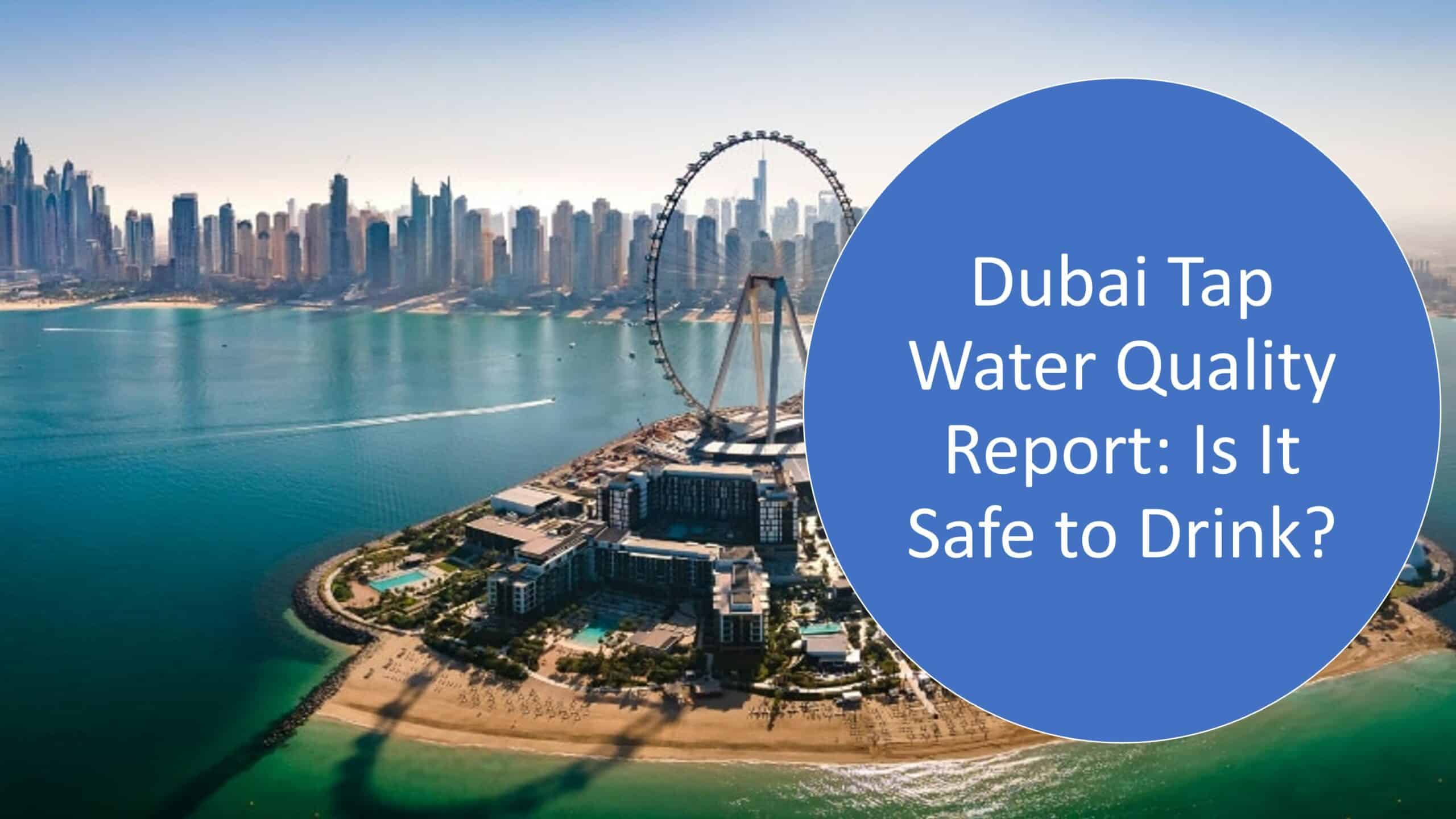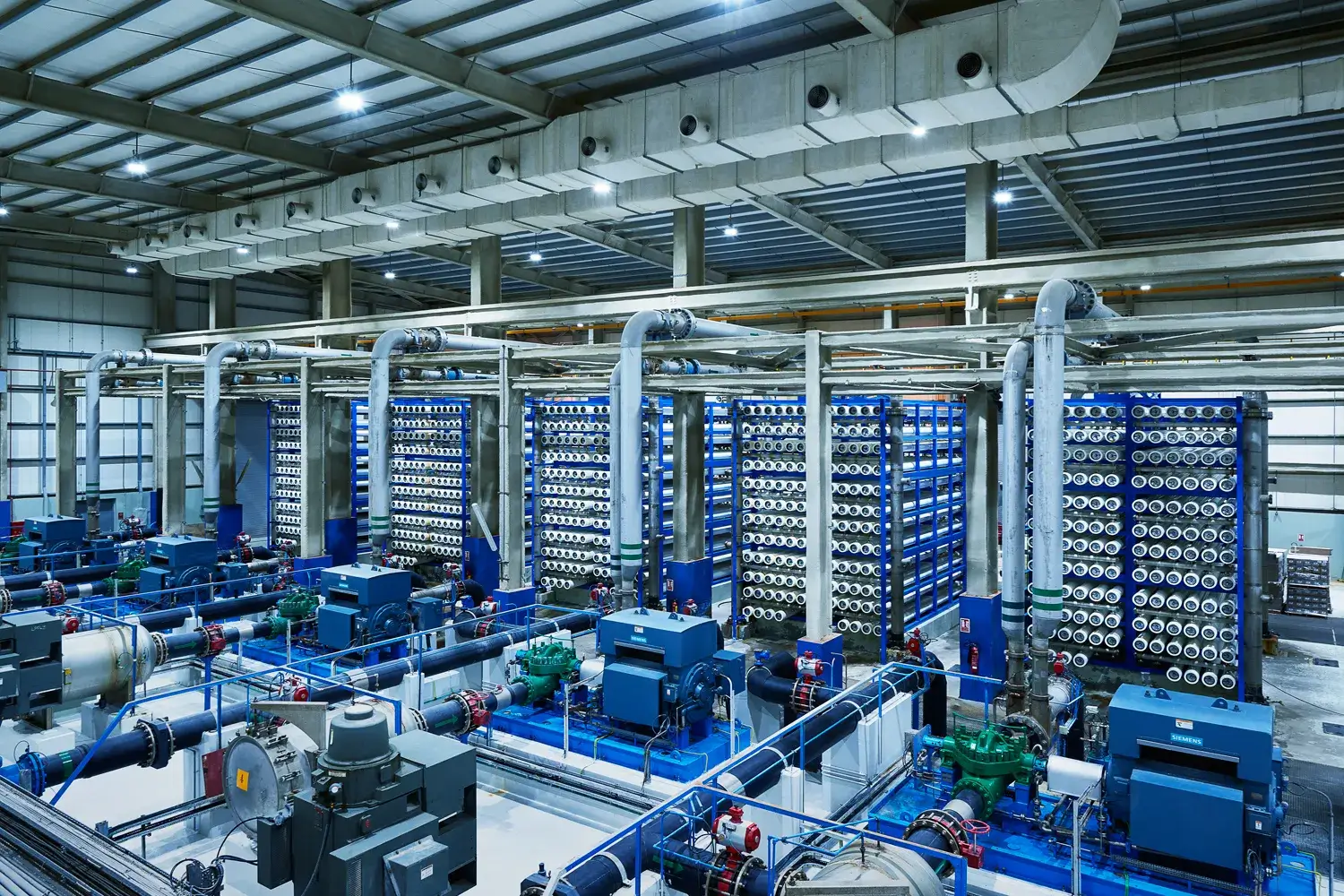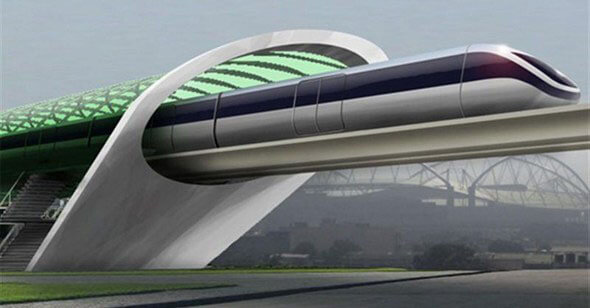With more than 3 million people in Dubai, each person consumes 146 gallons of water per day, making Dubai one of the world’s highest water consumers. Dubai’s residential sector uses 60.6% of its water, whereas 24.9% is consumed by its commercial and industrial sectors. Since Dubai is a desert city, there are no fresh water sources like rivers or lakes. Being a desert region, groundwater levels are not enough. As a result, Dubai gets 99% of its drinking water from desalination plants that use sea water as its main source of water. Therefore, many Dubai visitors are concerned about the quality of the water, so the question often arises: can you drink tap water in Dubai?
While you can drink tap water in Dubai, I personally rarely do so for a variety of reasons. Desalination factories release safe water for drinking after desalination, making Dubai tap water the cleanest water in the Middle East after desalination. However, from my understanding, certain chemicals and foreign substances can enter the water before it reaches your glass.
The purpose of this post is to educate you about the source of Dubai tap water, the treatment process, and the testing and regulations in place that can help you determine if you should drink Dubai tap water for your health.
Table of Contents
What is the Source of Dubai Water?
In a desert city like Dubai, people often wonder where their tap water comes from. Approximately 90% of Dubai’s tap water comes from desalinated sea water, and 10% from ground water due to insufficient groundwater levels. As Dubai’s primary source of water is the Arabian Sea, which is high in salt, the first step in purifying salt water is desalination. To achieve this, DEWA has set up two major desalination plants – one in Jebel Ali and one in Al Kaffah. The sea water is brought into the Dubai Aluminum factory for cooling the aluminum smelters, then delivered to DEWA, the Dubai Electric and Water Authority facilities for power generation and desalination. 550 million gallons of water are produced each day by these two plants, providing 80 percent of Dubai’s water needs.
The government is exploring various ways to get fresh water in Dubai. According to a recent news report, UAE plans to import icebergs from Antarctica for use as water.
Dubai Water Contaminants
It is unfortunate that Dubai’s water regulatory body, DEWA, does not share extensive reports on contaminants in the water. Since Dubai is a desert it’s extremely unlikely that the groundwater will be polluted. The only likely common source of contaminants is leeching pipes and water tanks. It is certainly true that chromium is among the most dangerous poisons found in UAE groundwater. However, even if water containing low quantities of uranium is safe to drink, high levels of uranium can cause critical health problems like kidney damage if consumed in large quantities.
Arsenic is a dangerous heavy metal that causes cancer and other illnesses. Arsenic is naturally found in water sources. It might be true that Dubai tap water has certain arsenic levels, ranging from 0.7 ppb to 3.8 ppb.
While water pH doesn’t influence health, as outlined in UAE and Gulf Standards No. UAE. Water pH should be between 6.5 and 8.5 based on SGSO 1025: 2014. If you’re not sure what a pH level means, you first have to understand how pH levels are calculated before you can understand what it means. PH is scored on a scale from 0 – 14, with 7.0 being neutral. Measurements below 7.0 are acidic, while levels above 7.0 are fundamental or “alkaline”.
So, Can You Drink Tap Water in Dubai?
As far as Dubai’s tap water quality is concerned, there has always been controversy. As we all know, there are faults with every public water system, but Dubai’s tap water is arguably one of the cleanest in the country as well as being the best. While Dubai tap water has some shortcomings, as discussed above, you shouldn’t experience serious negative health effects if you drink it regularly.
Official statements from DEWA state, “Our water quality across the generation, transmission and distribution networks meets the highest health and safety standards set by the World Health Organisation (WHO). It is the responsibility of the customer or owner and the maintenance companies to maintain the internal networks and water tanks after the metre and to ensure that health and safety standards are met.”
Even though Dubai’s authorities have implemented strict quality control measures to ensure water supply safety. Dubai some areas has old, unmaintained pipe lines. Most of the time, the same pipe line passes through the bathrooms, washrooms, etc, which can contain a lot of harmful germs and bacteria and affect the quality of your tap water. That being said, tap water safety and quality can vary from location to location. The same goes for water tanks in buildings, due to the fact that building owners are often reluctant to keep them clean on a regular basis, and DEWA has issued fines to owners who do not maintain their water tanks on a regular basis. Legionella can reproduce in tanks contaminated by rubble, trash, and other contaminants, particularly if they haven’t been cleaned for a long time. Among the top water treatment providers in the UAE, contaminants enter through unclean pipes, not tanks.
Ask your landlord how often he inspects and cleans the water system. Private buildings have their own storage tanks and plumbing systems. In accordance with DEWA Terms, the building owner should be responsible for regular maintenanc








